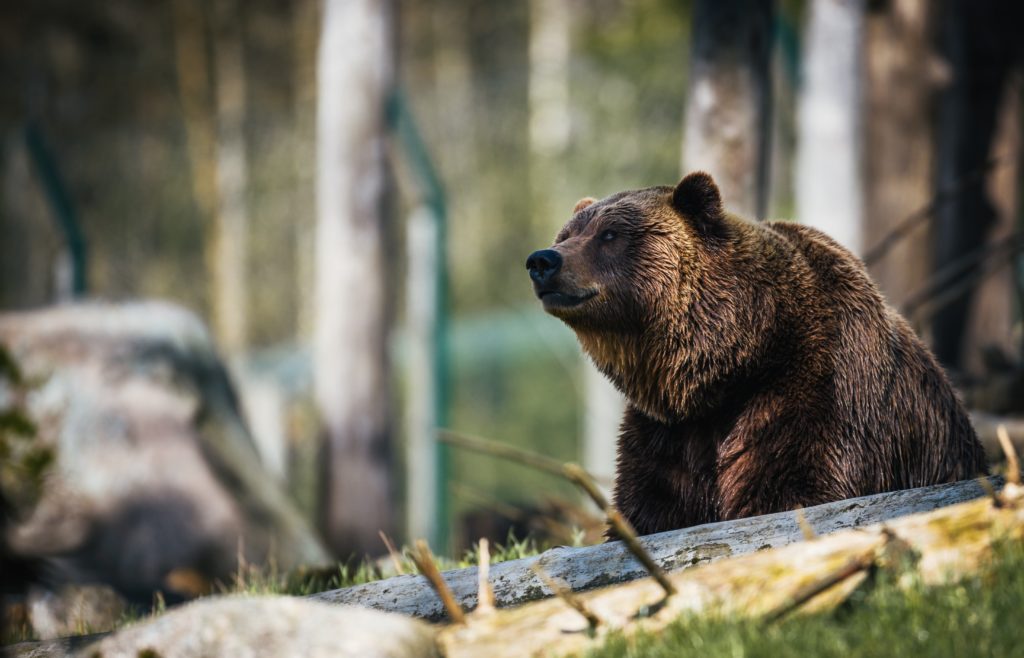A group of researchers at UBC’s Okanagan campus are working to find sustainable ways of managing the Okanagan landscape in collaboration with Syilx traditional knowledge holders, with support from UBC research cluster funding. Enhancing Ecosystem Sustainability: A Syilx/Settler Science Collaboration is an interdisciplinary research cluster that aims to contribute solutions to issues of importance to the Okanagan Nation. It illustrates how UBC is providing researchers with the support needed to collaborate with each other and with local and global partners (Strategy 6: Collaborative Clusters).
Led by Dr. Jeannette Armstrong, an Associate Professor in Indigenous Studies at the Irving K. Barber Faculty of Arts and Social Sciences, and Dr. Lael Parrott, a Professor in Sustainability at the Irving K. Barber Faculty of Science and Director of the Okanagan Institute for Biodiversity, Resilience and Ecosystem Services, the Project aims to demonstrate ways in which Western scientists and Indigenous knowledge holders can work together and co-produce knowledge.
I’m hoping that we’ll serve as a model for how we, as academics, can do a better job of collaborating respectfully with Indigenous communities – with new ways of moving forward that treat the different ways of knowing equally and respectfully – and come up with perhaps a third way of viewing the world.
Dr. Lael Parrott, Director of the Okanagan Institute for Biodiversity, Resilience and Ecosystem Services
Through meetings with leaders of the Okanagan Nation Alliance and associated chiefs, two initial areas of focus where UBC’s research expertise could address important issues for their communities were determined: sustainably managing and restoring the habitats of Chinook salmon and grizzly bears on the Okanagan traditional territory.
In an area that spans a large part of South Central British Columbia, the populations of both species have been significantly reduced. In 2016, fewer than 100 summer Chinook were estimated to spawn each year in the Okanagan River and its tributaries. The Penticton Indian Band and Okanagan Nation Alliance have been working to restore spawning beds and protect salmon movement. Additionally, Sylix women are working to protect huckleberries – the main food source of grizzlies in the Interior. A team of UBC researchers, from disciplines that span the natural sciences and humanities, are working with these groups to explore how science can support traditional ecological knowledge and to make recommendations on how these habitats can be managed going forward.

Increasing the capacity of Indigenous communities to manage resources and ecological issues is a key goal of the Project, and the research cluster is engaging Indigenous youth of all ages in the Project. The cluster has been able to recruit a number of Indigenous graduate students and is looking at incorporating traditional ecological knowledge in the curriculum at Indigenous elementary schools in the region. They are also exploring ways to engage Indigenous high school students in the future through science camps and other activities.
The cluster, explains Dr. Parrott, is a continuation and strengthening of the relationship that has been emerging between UBC Okanagan researchers and the Okanagan Nation. Receiving funding, she says, is helping to further enhance UBC’s relationships within the community.
“It’s allowed us to actually undertake research projects that we wouldn’t otherwise have been able to do, because now we have the funding for the graduate students, for the fieldwork and to meet with and support the knowledge holders. We wouldn’t have been able to accomplish all of this without the funding.”
The Project, she says, has the potential to have an impact on how land and wildlife is managed in British Columbia, and to contribute to a greater appreciation of traditional ecological knowledge.
“What really excites me is the opportunity to engage with the Syilx knowledge holders, to learn from their knowledge of the Okanagan landscape and the wildlife.”